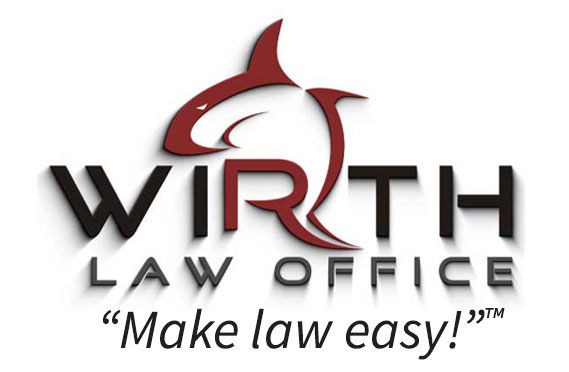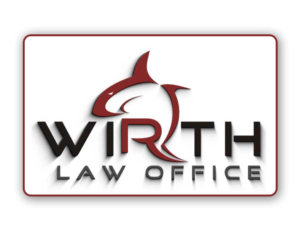Evidence Is Key
This is Stuart Ericson, an attorney in Wagoner, Oklahoma. Today we’re going to talk about being a good witness or advocate for your own case if you’re charged with a crime.
This is kind of in two parts. Number one is just, if you’re accused or charged with a crime, you’re going to want to remember all the details, whether you’ve written them down or not. You’re going to want to gather any evidence that you have on your behalf that you may control, which might be texts, emails, audio recordings of phone calls if something happens in a public place or a private place and there are other people around who are witnesses, it’s documenting that, knowing all that, remembering details, remembering how things happened. Is there video surveillance in a home where something happened that is there that you can tell me, your attorney, so we could obtain that?
You’ll want to know, what’s going to help you in this. Is there a witness that can help you? Is there video surveillance that may help you? That’s the best way to start being the best advocate for yourself is to give your attorney all of the details so we’re never surprised, we’re not surprised when something comes up from the prosecution. And of course, in all cases, as the defense attorney in your case, I’m going to be getting all of the police reports, which would include any video, any audio, any video surveillance, any texts, any emails, witness statements, any alleged victims or witnesses write out in their own handwriting.
So when I get all that if you remember all the details if you have different evidence, then we can look at the police reports and decide, yeah, that part’s true, but these parts are not true. And then that arms the defense attorney with some ammunition to go seek a dismissal, to seek charges maybe not even be filed, to work out a better plea bargain. Or of course, to take it all the way to jury trial and get an acquittal. So that is kind of the best way you can be an advocate for yourself if you’re ever charged with a crime.
Now, if it ever comes to a jury trial and you’re going to be a witness, of course, there’s a lot that goes into that. There would be a lot of preparation if I’m going to put my client on the stand, the defendant on the stand at that point, we would go through a lot of mock or trial practice sessions of telling your story, question, answer, question, answer, where we would know what you’re going to testify to backward and forwards. So there are no mistakes made, and your memory is clear about what you want to say.
And then, of course, there’s always cross-examination. So every defendant is going to be subject to cross-examination by the District attorney’s office, so a prosecutor. They will try to twist and turn, get you to be confused, and try to confront you with evidence that they think they have. And that’s where it’s going to be very important to be a good witness because in a trial, of course, 12 people are looking at you. They’re judging you, they’re deciding, if this person is believable or not.
Obviously, most people probably are a little bit predisposed to not believing a defendant because there they are charged. So some of the things that I would go over for being a good witness for yourself is keeping your cool and answering only the questions that are asked. Don’t keep volunteering a bunch of information. If a prosecutor were to ask, “Isn’t it true that you were there at the time of the offense?” You wouldn’t say, “No, I wasn’t there. I was…” This, that, and the other and the other. You would just say, “No, that’s not true.”
So it’s very important to practice and already anticipate that the prosecutor’s not going to be nice to you, not going to be on your side. So you can’t let that blow your cool in front of the jury. And I’ve seen that happen. I’ve seen some witnesses be successful and just answer questions and it helps them. I’ve seen other witnesses lose their cool and “Well, what would you have done in the same situation?” And then that prosecutor’s going to go, “Well, I’m the one that’s asking the questions. You just need to answer.” And then you kind of look foolish, because the attorney’s not a witness to any offense. He’s just the attorney for the state.
So knowing your answers, not needing to pause and think and give the impression that I’m thinking of the right answer, like, “Oh gosh, how should I answer this?” No. The answer should just be the answer. You own what you need to own and give truthful answers. And that’s something that would be practiced before ever going to a jury trial. So it’s always best to be your best advocate, gathering whatever information, and witnesses that you can give to your attorney. And then once anything you ever were to go to a jury trial, we would practice a whole lot about how you’d be a good witness in any jury trial.
So if you have any questions about that, reach out to me, Oklahoma criminal defense lawyer Stuart Ericson, at wagonerlawyer.com.








